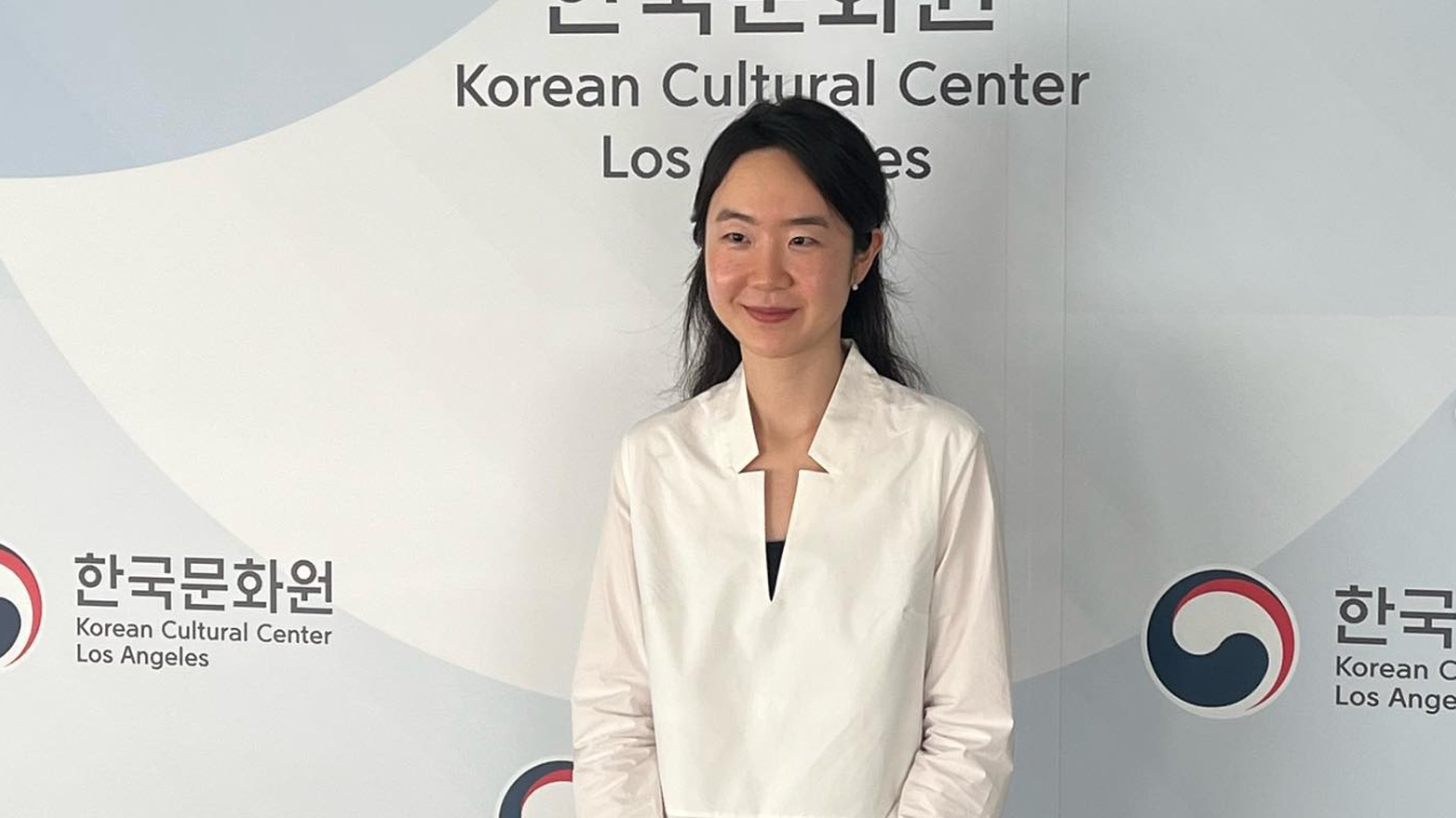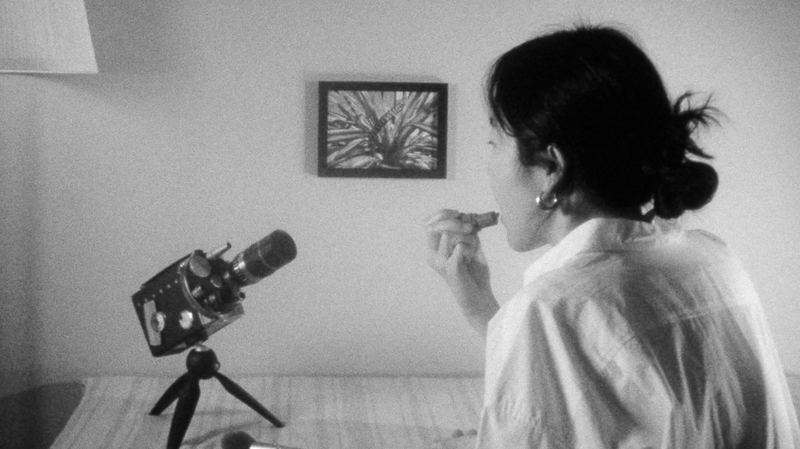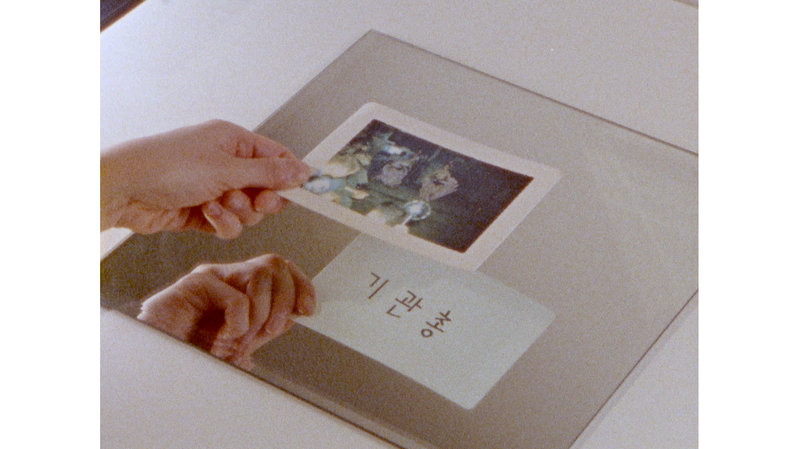
KCAI Filmmaking's Heehyun Choi Wins 2024 KAFA Award, $20k Grant
10.23.2024
Heehyun Choi is a Visiting Assistant Professor and AICAD Fellow at the Kansas City Art Institute. The Korean Arts Foundation of America (KAFA) Award highlights artists with Korean heritage working in the United States.
Heehyun Choi, Visiting Assistant Professor at the Kansas City Art Institute, is a moving image artist who works with the experimental film form. She is the recipient of the 2024 KAFA (Korea Arts Foundation of America) Award, a biennial art award highlighting artists with Korean heritage working in the United States.
The winner receives a $20,000 grant to present a solo exhibition at the Korean Cultural Center Los Angeles (KCCLA) the following year.

Heehyun Choi, Our Cave (2024)
As a filmmaker, Choi’s practice involves inquiries such as: How does an image travel? What does it mean to see an image? What does it mean to use a camera? What does it mean to perceive images on a screen? What is a film?
For such conceptual explorations, Choi feels an impulse to expand the presentation format of her films to physical venues. "Sometimes I feel that it's necessary to bring those questions outside of a screening environment," Choi said.
One of the motivations for Choi to enter her name in consideration for the 19th Korea Arts Foundation of America (KAFA) Award was the opportunity to present her moving image work in a gallery space.
"There can be different interpretations not limited to a screened experience that allows the audience to engage the work differently," Choi said.
"My work comes from the understanding that there is a necessity to revisit and reimagine the way of perceiving and interpreting the film form and the film culture. Starting from acknowledging the subjectivity of the film history."
Choi grew up in South Korea and the United States, and her upbringing contributes heavily to her art.
"My work comes from the understanding that there is a necessity to revisit and reimagine the way of perceiving and interpreting the film form and the film culture. Starting from acknowledging the subjectivity of the film history,” Choi said.
“I think it is both exciting and important to think about how certain things get to be included in the record while there are others that are left out,” Choi said. Her most recent project investigates archival photographs of Korean women taken in the 1950s by American soldiers stationed in South Korea.
Choi challenges the hierarchy surrounding the camera through simple performative gestures. She would also use the cameras as characters - not just as tools to capture images, but that can also exist as something else. She is interested in revealing the things typically hidden outside the frame, such as the cameraperson, the set, and the entire production process.
"Among everything obscure in an image, there is always the camera," Choi wrote in the description of her film This Isn't What It Appears.
The KAFA juror committee of 2024 said this about Choi when they ultimately announced that she would be nominated for this year's grant:
"...her work delves into examining the inherently accepted social structures in the cinematic world both involving the film apparatuses themselves through performance, often placing herself as the protagonist," according to a press release.
“She draws upon a wide array of archival material and history to inform her choreography. What impressed us most about Choi’s work was its sophisticated handling of ideas, seen and unseen, to expose a social critique of what it means to be a woman filmmaker in Korea.”
“We have no doubt that the expression of her ideas through film and video will only become richer and make an undeniable mark in the burgeoning history of women filmmakers in Korea," the statement concludes.

Heehyun Choi, This Isn't What It Appears (2022)
"What impressed us most about Choi’s work was its sophisticated handling of ideas, seen and unseen, to expose a social critique of what it means to be a woman filmmaker in Korea."
Choi says this award is extremely meaningful because it will allow her to scale up her project - giving her a production fund that also validates her approach.
"I feel very honored because I consider this opportunity to be not only about my work itself but, furthermore, also as a chance to deeply consider what I can bring to the table as a Korean artist working in the United States,” Choi said.